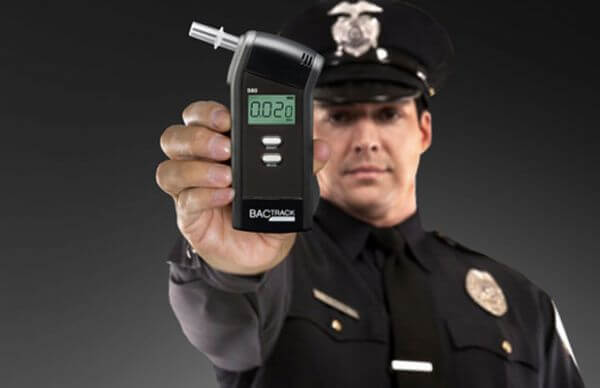Beyond the Breathalyzer Client Chronicles Legal Lifelines Roadside Rights by Milton DUI Attorney July 2, 2024
166Views

Breathalyzers are an integral component of our society for maintaining safer roads and an impartial justice system. Unfortunately, however, these devices cannot always deliver 100% accurate results due to various external influences affecting them.
Consuming products containing alcohol, having medical conditions like diabetes and environmental factors such as weather temperature may all increase your chances of DUI charges and should be understood to protect your rights and build an effective defense.
Many have heard that gum and breath mints may help someone avoid DUI charges, but there is no effective way of fooling a breathalyzer test. Police officers are aware of attempts at trickery against this device.
Breathalyzers rely on an assumption that alcohol detected in an individual’s breath corresponds with equal quantities in their blood; however, this ratio varies significantly among individuals due to various factors influencing it.
Soothing alcohol lingers on one’s breath for up to 20-30 minutes after indulging in alcohol consumption, and chewing gum, dental appliances and some asthma inhalers also contain small traces of it; burping can even increase one’s breath test results due to aspirated stomach contents entering the device.
An experienced attorney may be able to successfully challenge the results of a breathalyzer test’s results. If a driver can show that it wasn’t administered correctly or that its equipment itself is flawed, its results could be excluded as evidence in court proceedings.
Breathalyzer tests use your breath to accurately measure your blood alcohol content (BAC), so any attempts at cheating could lead to immediate failure of a test. Discovery Channel’s Mythbusters team conducted several tests aimed at fooling breathalyzer devices but found them all useless.
People sometimes believe that placing a battery in their mouths will stop them from exceeding the legal BAC limit; however, this approach likely won’t work and could draw the attention of police officers. Other methods like hyperventilating (which involves replacing alcohol gases with fresh air) don’t work either to lower breathalyzer results.
People mistakenly believe that drinking mouthwash, breath mints or garlic will alter the results of a breathalyzer test, yet these strategies often increase your BAC since mouthwash may contain trace amounts of alcohol. Even trying to cover your mouth with toilet paper would not work because the machine tests alveolar breath.
Breath testing machines are capable of detecting alcohol molecules; however, their ratio between breath to blood alcohol content (BAC) can differ depending on who uses the machine and their body temperature. Furthermore, breathing techniques that produce more than 10 seconds of blowing into a PBT may sample nonalveolar air which contains higher alcohol concentration levels and thus lead to inaccurate readings on these machines.
Many people attempt to bypass a breath test by using alcohol-containing products like mouthwash or mints in an attempt to increase their BAC level. Unfortunately, this strategy could end up increasing their blood alcohol level rather than decreasing it.
When pulled over for DUI, police officers may request that you take a preliminary breath test (PBT). Refusing or trying to “beat” this test may result in more serious charges; instead, consider other field tests or find ways to avoid drinking and driving altogether. Alternatively, contact an experienced criminal defense attorney for help contesting its results.
As with any piece of equipment, breathalyzers can be subject to errors. As an example, they may require calibration after long periods of inactivity in order to produce accurate results; similarly, certain health conditions and external factors could skew test accuracy (for instance painters using acetone may contain chemicals which affect test accuracy); A DUI lawyer can monitor how breath tests are administered in order to spot potential errors that could skew results and help ensure accurate results are produced.
But before an officer can obtain your breath sample, they must have reasonable suspicion that you’re driving while impaired. Without this evidence against you, breathalyzer evidence can be challenged successfully and dismissed from court proceedings altogether. Therefore, it’s imperative that you consult a Milton DUI attorney regarding all of your defense options; contact our office now for a complimentary evaluation and get guidance and information that can help make the best decision in your situation.